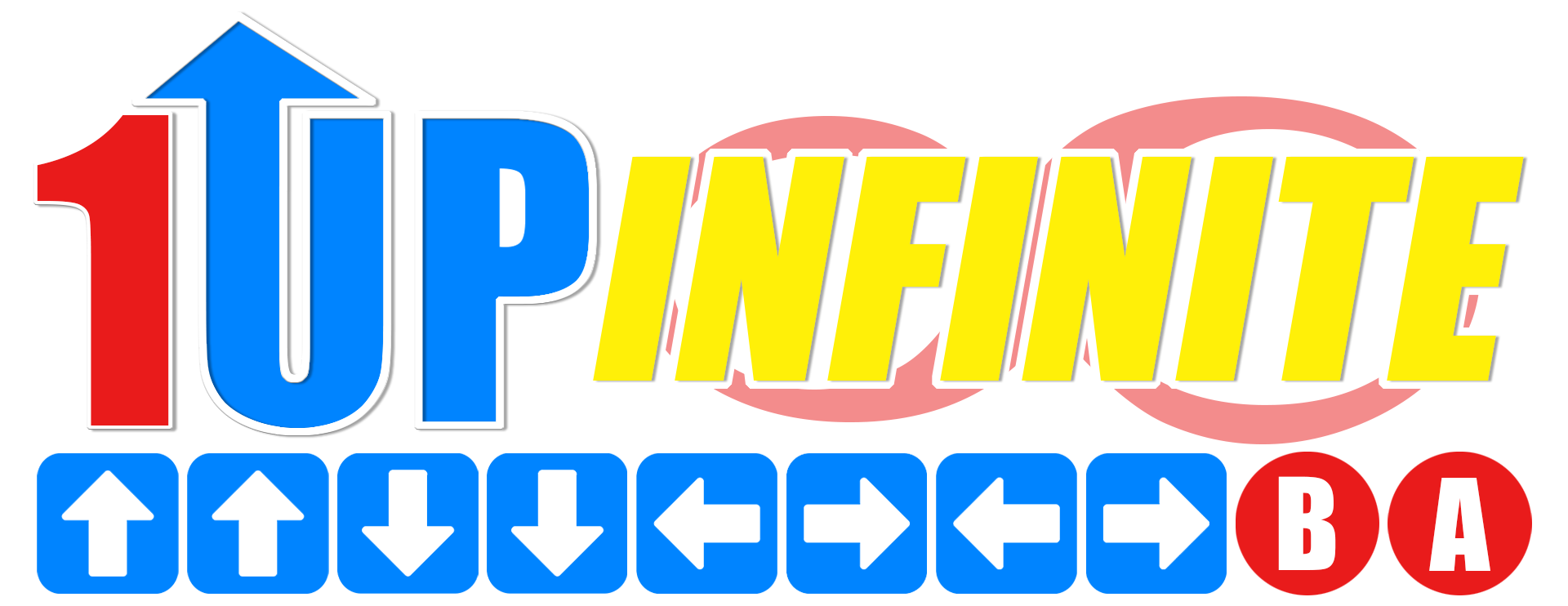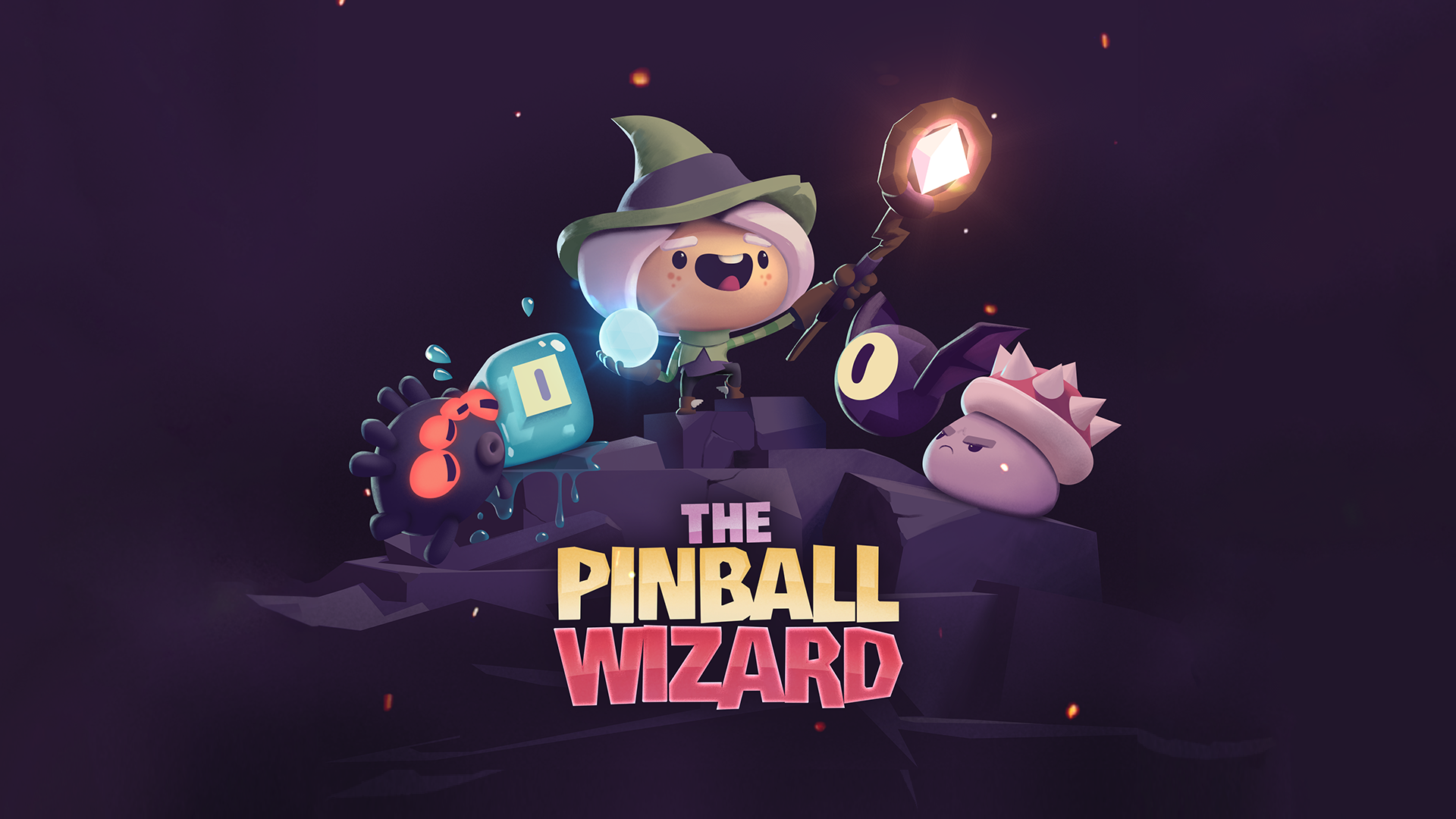The Pinball Wizard
Of the tens of dozens of games I've played in 2022, none have been more flexible than the "Roguelite." Derived from dungeon crawlers, "Rogue" games start players with nothing, placing them in harsh scenarios where the odds are stacked against the player. Eventually, you lose, but even in loss, you gain many experience points, money, and skills to even the odds. The Pinball Wizard shows that roguelikes can be added to other genres to amplify a dish, much like cheese goes with anything as a flavor booster. The flavor on the menu --- Pinballs.
Pinballs and dungeon crawlers seem like a weird combination at first until you start to think about the Game Boy. I recall several Game Boy Advance pinball games with "RPG-esque" elements. Games like Sonic and Pokemon were no strangers to implementing their IPs qualities in a game where you hit a ball around with flippers. The Pinball Wizard captures the spirit of these unique pinball titles, making it a coincidence that it is also available on the Nintendo Switch.

The premise is that there's an artifact in a tall tower that can save the surrounding lands. You play as a wizard apprentice who scales the tower up to the top, with each floor providing more peril than the previous. The first floor introduced the player to slime, some pinball flippers, and some barrels. To attack, the player lunges the apprentice into the enemy with the flipper. If the apprentice is already a live ball, they will move around the field similar to that an actual pinball.
It makes sense, as the pinball naturally hits objects and bumpers and scores points while doing so. Players can earn experience points which levels up the apprentice and allows them to learn new skills. The money is spent on upgrading and earning skills as well, making the player well-equipped for the challenges at hand. While hitting the enemy is simple enough, the enemy can also strike back. This means that players will need to be aware of visual cues to avoid taking damage.

Thankfully, if the apprentice falls in the hole in between the flippers, you don't "lose a ball," but you lose health. The higher the level, the more health you lose until it's game over. There are no extra balls, just one life to hold on to until the end. Fortunately in tower mode, you don't lose your progress and can resume where you last perished. In later floors, there are multiple boards to travel through, different enemy types that require unique ways to defeat, and enemies that can even disable your flippers.
The cute art style and the ease of progression allow players of all types to enjoy the content, whether you're a "pinball wizard" or a beginner. There's no such thing as "nudging" a table here, but you can use skills to achieve similar results. One of the first skills the player learns is the Dash skill, changing the trajectory of the apprentice, and blitzing through, crashing into enemies and objects. To progress to each level, the player must defeat a specific enemy, grab the key, and move on to the next floor.

The Pinball Wizard is lenient as despite there being a timer to move on if the timer reaches zero the player still moves on to the next floor. Their rewards, however, are forfeit. As the player progresses through the tower, bonus modes including an "endless mode" and a "daily dungeon" mode are unlocked. The latter is a randomly generated dungeon where players can compare scores at the end of each run.
Overall, The Pinball Wizard is a game meant to be played in bursts as a way to "wind down." The challenge is as great as the player wishes to achieve and the soft aesthetic will make this one a hit for all ages. It's a no-frills classic arcade take on the ever-malleable "roguelike" genre and it brings me to hope that there's very little the genre pairs well with. Bring on the fighting game roguelike!

The Pinball Wizard releases on October 27th on the Nintendo Switch and Steam. Players can purchase and wishlist here

